
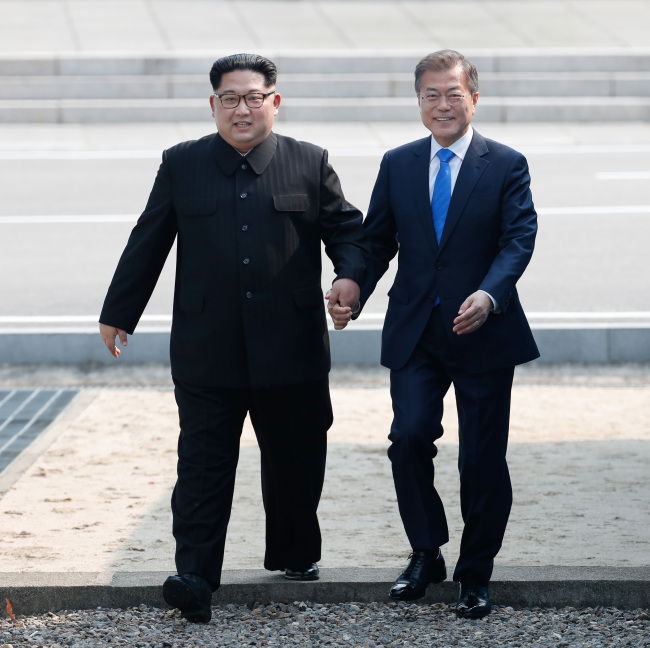
#MeToo movement
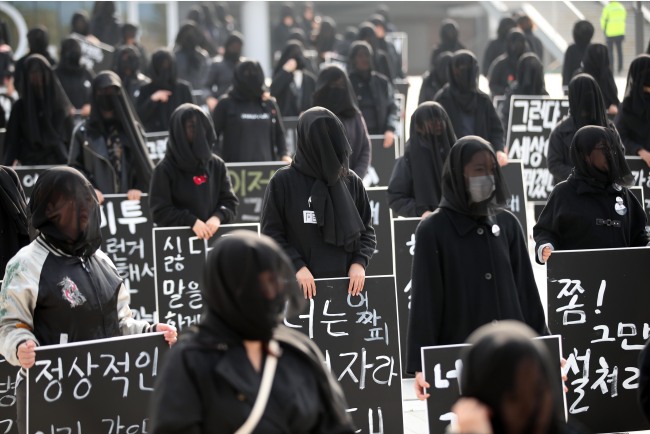
Ex-President Lee Myung-bak
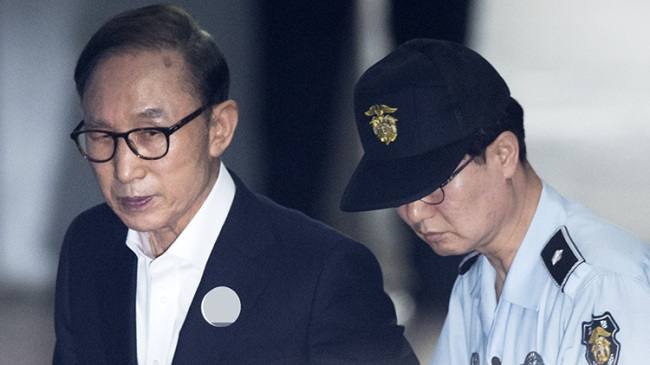
The Moon Jae-in administration’s war on corruption continued this year and saw former President Lee Myung-bak arrested and put on trial over a long list of misdeeds, including dishonest dealings involving auto parts-maker DAS.
The Moon administration’s initiative has brought to light a number of ethical and legal transgressions that took place under past administrations.
The Democratic Party’s sweeping local election victory
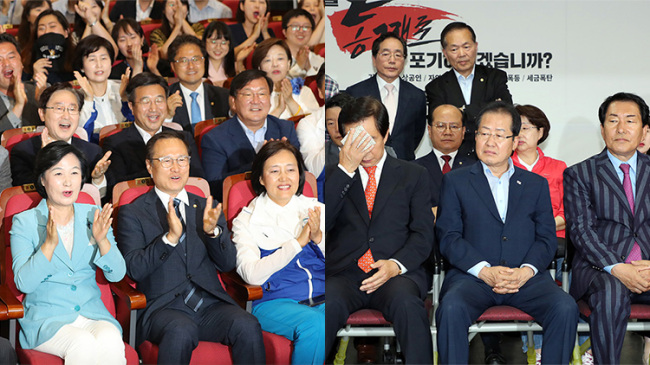
The ruling Democratic Party took the local elections in a sweeping victory, expanding its hold in local governments partly on the strength of President Moon Jae-in’s high approval ratings, which soared earlier this year.
The ruling party took most major municipal and provincial government posts, including the traditional conservative strongholds of Busan, Ulsan and South Gyeongsang Province.
Judiciary in crisis
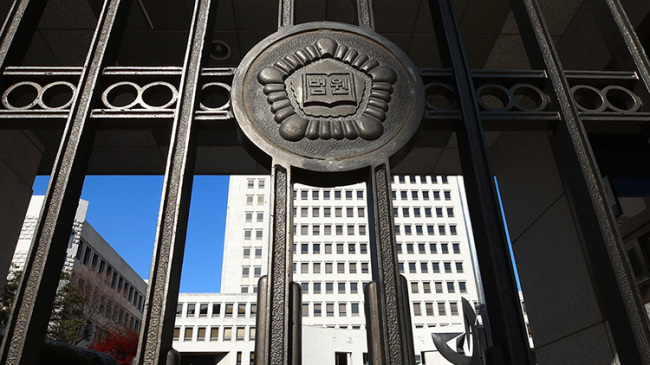
The country’s judiciary came under fire this year, following the revelation that former Supreme Court Chief Justice Yang Seung-tae had used sensitive trials to curry favor with the Park Geun-hye administration. The revelations have led to unprecedented investigations of a number of ranking former judges, including Yang.
BTS spearheads K-pop sensation

South Korean pop music continues to prevail across the globe, with the wildly popular boy band BTS at its forefront.
The act became the first Korean artist to top the Billboard 200 albums chart in May, held 22 concerts in 11 countries across the globe from September, and was featured on popular US shows including “The Tonight Show Starring Jimmy Fallon” and “Good Morning America.”
It also sent resonating messages during a speech at the UN Headquarters in September, the first Korean artist to do so.
Other K-pop acts experienced great success this year, including Twice, which continued to enjoy popularity in Korea as well as in other countries and ranked 15th on a list of favorite singers compiled by Japan’s Oricon chart.
Hosting of 2018 PyeongChang Winter Games

The 2018 PyeongChang Winter Games, the first Winter Olympics hosted by South Korea, was held from Feb. 9-25, with 2,920 athletes from 92 countries participating.
The host nation won five gold medals, finishing seventh overall and topping all Asian countries. The fight put up by its underdog curling team contributed to the newfound popularity of the sport in the country.
The event was also significant in bringing about a thaw in tense relations between the two Koreas. The two countries formed a unified team to compete in the women’s ice hockey event and made a joint entrance at the opening and closing ceremonies. Several senior North Korean officials attended the event, including Kim Yo-jong, North Korean leader Kim Jong-un’s sister, paving the way for the first summit between President Moon Jae-in and Kim Jong-un on April 27.
Real estate crackdown
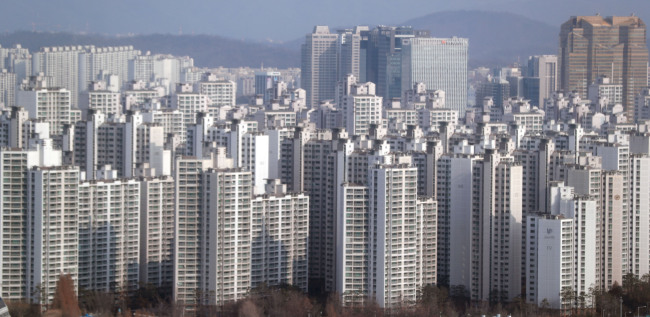
South Korea’s real estate market experienced a significant shake-up this year, causing much controversy in a country where property ownership accounts for a majority of Korean households’ total assets. Apartment prices in Seoul hit an all-time high during the first half of 2018, igniting fears of a price bubble. The government unveiled a series of measures to regulate “abnormal” housing prices and curb speculative investment -- for example, subjecting owners of multiple homes to hefty taxation and placing limits on mortgage loans for Seoul-based properties. Amid protests, the regulatory changes have contributed to a drop in the number of real estate transactions in the country.
Business owners and ‘gapjil’
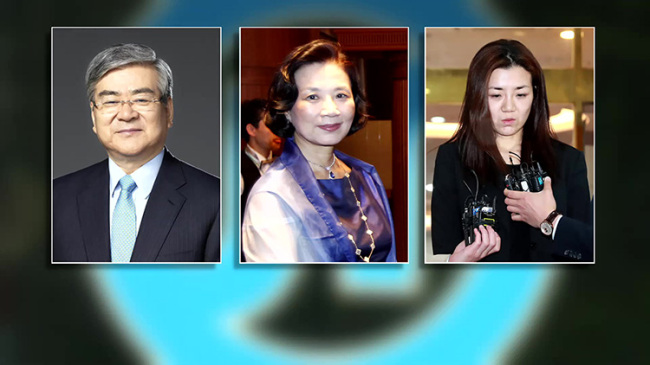
Numerous heads of prominent South Korean companies made headlines this year for physically or verbally abusing their employees, sparking intense public fury and resulting in the leaders’ resignations and/or convictions.
The most sensational case involved Yang Jin-ho, former CEO of WeDisk and robot developer K-Technology. He was accused of hitting his employees, forcing them to eat raw garlic and numerous other offenses.
Earlier in the year, Korean Air suffered severe damage to its brand after Hanjin Group Chairman Cho Yang-ho’s two daughters and his wife were called in by the prosecution over allegations ranging from assault to smuggling luxury goods and hiring illegal housekeepers. Asiana Airlines also came under criticism following a video clip showing Asiana cabin attendants singing a song in praise of Chairman Park Sam-koo.
Reduced work hours
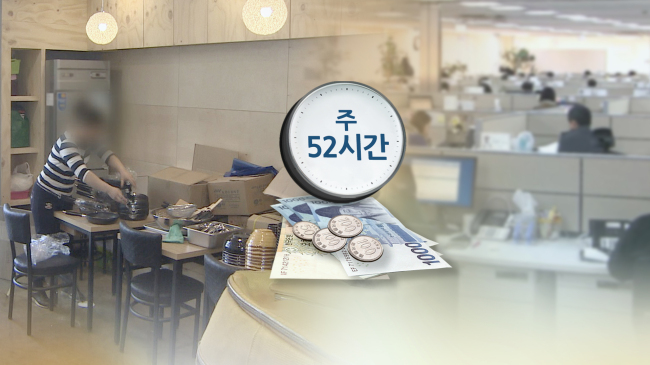
South Korea mandated a 52-hour maximum workweek for companies with over 300 employees, beginning this July, in a move to reduce the country’s notoriously long working hours and improve work-life balance.
Under the revised labor law, the maximum number of work hours per week was cut from 68 hours to 52 for companies it covers. Companies with fewer than 300 employees will be subject to the law as of Jan. 1, 2020.
The first stage of the law’s implementation has caused heated debate and some confusion as to how to accurately measure hours worked, as well as how to apply the rule for different types of labor.
Korea is well known for its long work hours, standing at No. 2 among OECD countries for most hours worked and trailing only Mexico. Grueling work hours have been blamed for Korea’s high suicide rate, low happiness levels and low labor productivity.
The six-month grace period comes to an end this month, and it is widely expected that the National Assembly will strengthen the regulation in February.
[2018 international top news stories]
Yellow vests in France
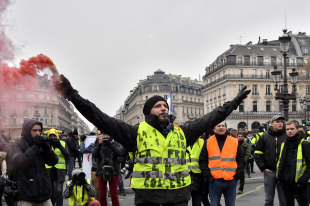
Boys rescued from Thai cave
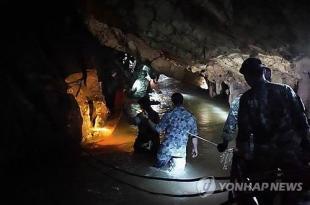
The year of strongmen
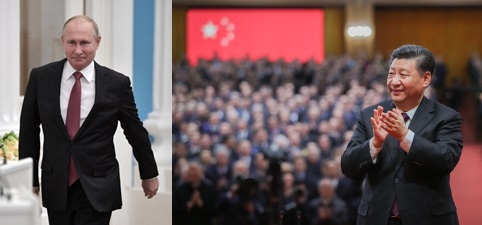
US-China trade war
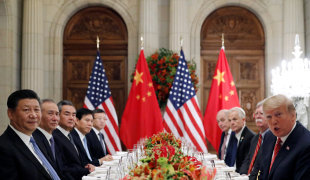
US-North Korea summit
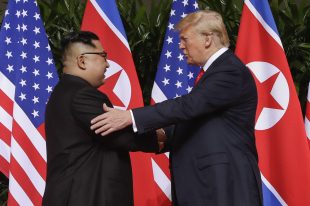
NASA’s InSight lands on Mars

Trump breaks away from Iran nuclear deal
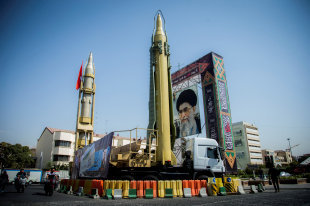
Khashoggi killed

The Central American exodus
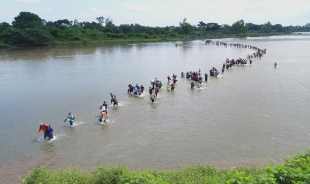
The 4th industrial revolution
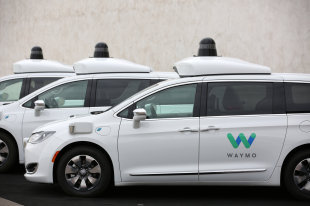

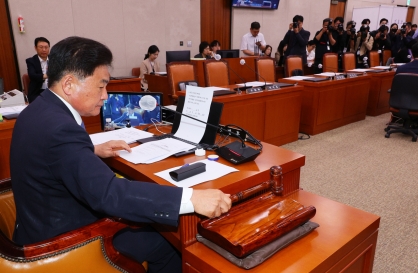

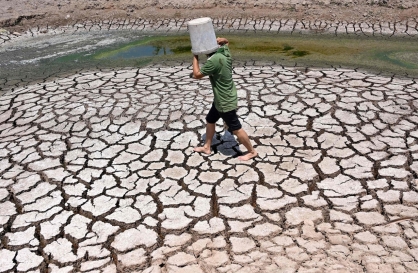
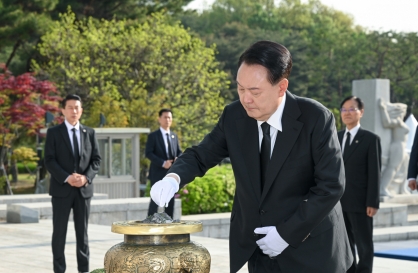

![[Graphic News] More Koreans say they plan long-distance trips this year](http://res.heraldm.com/phpwas/restmb_idxmake.php?idx=644&simg=/content/image/2024/04/17/20240417050828_0.gif)
![[KH Explains] Hyundai's full hybrid edge to pay off amid slow transition to pure EVs](http://res.heraldm.com/phpwas/restmb_idxmake.php?idx=644&simg=/content/image/2024/04/18/20240418050645_0.jpg)